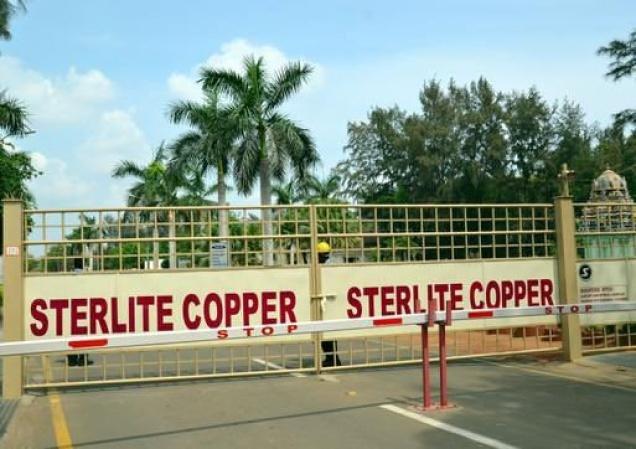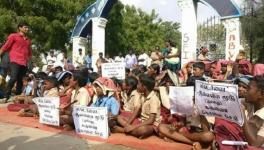NGT’s Independent Committee To Probe And Decide On The Fate Of Vedanta’s Sterlite Copper Plant In Thoothukudi

On August 20, the National Green Tribunal (NGT) ordered the formation of an independent committee which will probe into and decide within six months if Vedanta group’s Sterlite Copper plant in Tamil Nadu’s Thoothukudi district should be allowed to reopen.
The committee will be headed by a former high court judge and include representatives from the Tamil Nadu Pollution Control Board, the Union Environment Ministry and Vedanta.
While hearing the Vedanta’s plea which challenged the Tamil Nadu government’s order to shut down the copper smelting plant, the NGT bench headed by chairperson Adarsh Kumar Goel stated that the committee will havepowers to visit the copper plant to collect any “technical data” for consideration.
Reportedly, retired judges of the Madras High Court Justice K.P.Sivasubramanian and Justice K.Chandru are being considered to head the committee.
Responding on the developments in the case, retired IAS officer M.G.Devasahayam welcomed the NGT’s move in constituting an independent committee but was skeptical over the composition of the committee. “In many cases, the Green Tribunal had made judgments based on the documents without any inspections and independent inquiries from its side. But in this case, the tribunal hasmade a good move in forming an independent committee as it is essential to ascertain the facts,” Devasahayam told Newsclick. He added that the billionaire Anil Agarwal’s Vedanta group is highly influential in the country and said that the concern emerging now is aboutthe composition of the committee which needsto be free from “any sort of outside pressures during the probe.”
Also read: Tuticorin Plant Case: Politicians Allege Nexus Between Vedanta and Tamil Nadu Government
In the earlier hearings of this case, the tribunal had allowed Vedanta’s employees to get access to the administrative units of the plant. However, permission to access the plant for maintenance purposes was refused.
Meanwhile, a joint inspection conducted by Central Pollution Control Board and TNPCB on August 16 and 17,found that the plant’s stored chemicals of corrosive nature pose a big threat to the surrounding areas.
On May 22, when thousands of residents from Thoothukudi were protesting onthestreets demanding the complete close downof the copper smelting plant, Tamil Nadu police opened fire, in which 13 people were killed and hundredswere injured. As the incident drewcriticismfrom many sides, the state was forced to order the complete closure of the copper plant at last. On August 14, the Madras High Court ordered a CBI enquiryinto the police firing on the protesters.
Also read:What Actually Happened in Thoothukudi
Since 1994, the year Sterlite received permission to set up its plant from the TNPCB, it had been accused of illegalities and environmental concerns hadbeen raised by Thoothukudi’s residents and environmentalists. According to numerous reports, the villagers living in the surroundings of Sterlite were affected with several health issues including breathing disorders,skin diseases, heart condition,and cancer.
Sterlite’s Thoothukudi plant was the world’s largest copper smelting plant which hadan annual production capacity of more than 400,000 tonnes.
Get the latest reports & analysis with people's perspective on Protests, movements & deep analytical videos, discussions of the current affairs in your Telegram app. Subscribe to NewsClick's Telegram channel & get Real-Time updates on stories, as they get published on our website.
























